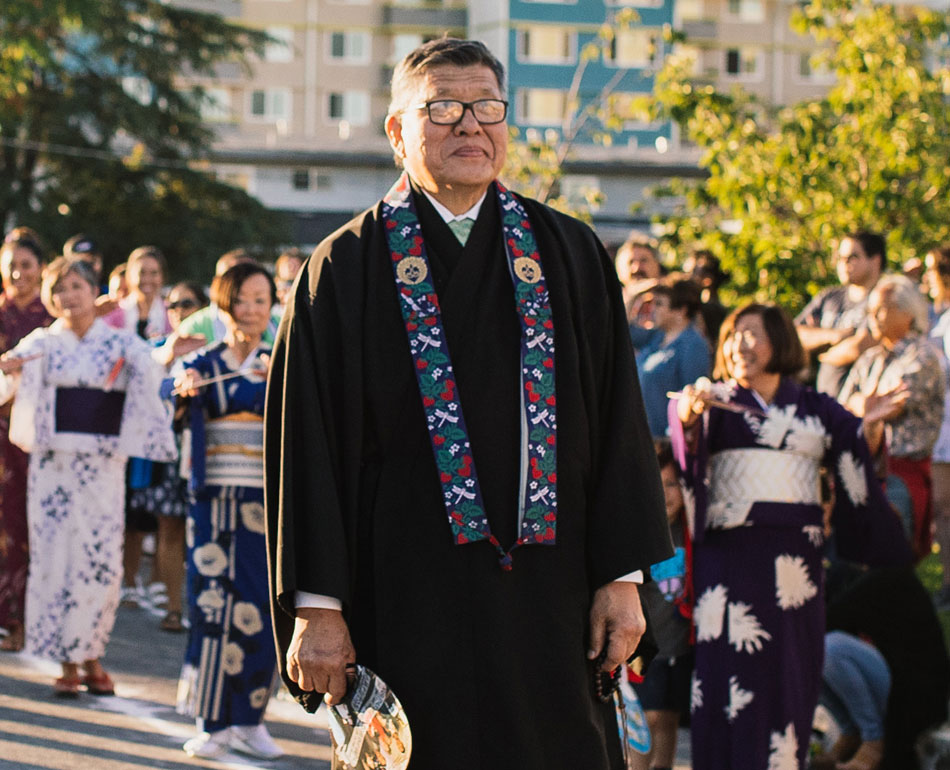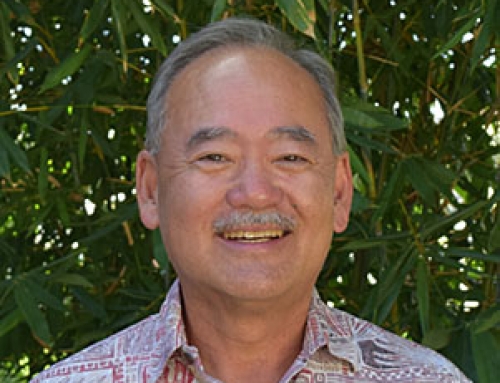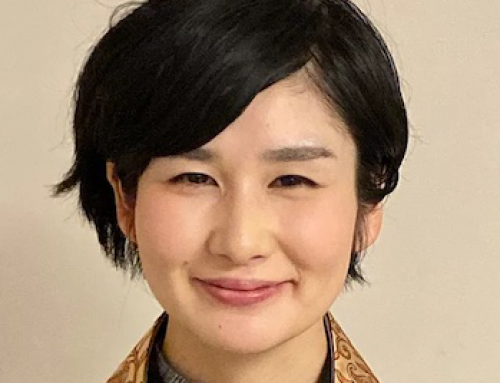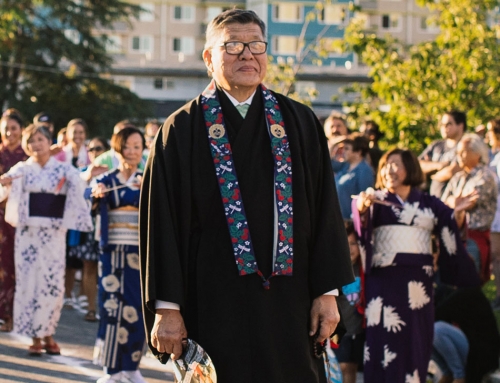Thank you everyone. We successfully held our first in person Obon services and Festival in three years. It was wonderful to meet so many people on the grounds of the temple and in the Hondo. An enormous thank you to Ken Kamei and the committee who managed to bring us together in a time of uncertainty. To the many, many volunteers whose interest, enthusiasm and hard work made the festival safe and enjoyable, thank you for all your hard work.
After coming back from two years of virtual Obon significant changes were made. Perhaps the most important was the number of food and activities offered. As decisions were made to reduce possible exposure to covid, a large swath of our members understandably choose to stay home. Being in large crowds, working long hours in close quarters would only increase the probability of contracting covid. There were uncertainties about volunteers. Our temple is held together by people working together, COVID forced a major change in how things would get done. And they did get done. There was a maintenance person from the new apartment complex on 6th Street cutting vegetables for beef skewers. People who volunteered for community service that signed up through the website. And the youth and younger members of the temple who came to fill the gaps. It was not easy but it held together. We came together as a sangha making sure everyone was safe, the work got done and the community could once again return to the temple grounds and share in the joy of Obon.
In the gatha Obon no Uta there is the image of friends and family who have passed away, returning from the Pureland riding red dragonflies. They return in this time of Obon filling the air with the buzz of wings and the iridescence of voices and laughter. They return, not only at Obon but whenever we think of them. We are mindful of those lives that continue to be an influence in our lives. In remembering our friends and family, we also remember the many other lives we are connected with. We are because of the infinite life that we are connected to. We exist at the nexus of infinite causes and conditions that bring our life into being, sustain us and nurture us. At Obon we are especially mindful of those who are closest to us. As we dance beneath the lanterns to the music of Obon we may be aware of those who dance next to us, who may be thinking of lives we may know nothing about. And yet, we share in the grief of loss and the joy of memories that return like summer days.
In light of all that is unfolding in our world the experience of Obon may seem unimportant. Or perhaps self indulgent. With the overturning of Roe vs Wade a woman must argue for autonomy over her own body. Other laws are being considered that would prevent individuals from marrying who they love. There is a growing voice that would interpret the founding of this country as rooted in Christianity and should that succeed it would remove the wall that has separated Church and state. The fundamental tenet of a democracy is that no one is above the law. This is a basic understanding that holds us together, this too is being tested.
The Buddhadharma is about acknowledging that I view the world through my preferences. This tendency results in difficulties for myself and others. If I am able to cultivate a mind that sees things as they are then the difficulties I cause and experience can begin to subside. In Jodo Shinshu we recognize how difficult it is to cultivate this way of seeing and engaging the world. The vow of Amida that assures all beings of the resolution of difficulties allows me to acknowledge the prejudices with which I engage the world. That assurance also allows me to recognize how my very existence is the result of the life that I am a part of. This is infinite compassion.
At Obon, as I reflect on the compassion that supports me, I think about the resolution of the many challenges we face. Challenges that can only be resolved through emphatic compassion that changes how I see and engage the world.




